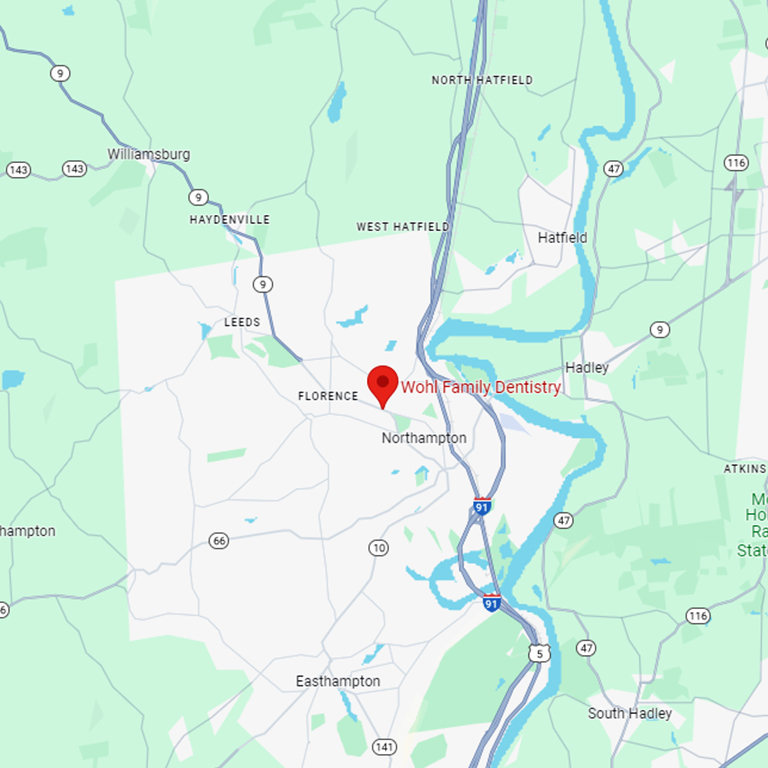Non-Surgical Root Canals
 Do you have a severely damaged or decayed tooth? Non-surgical root canal treatment in Northampton may be necessary to prevent the loss of your natural tooth. These root canals are less invasive, require less healing time, and have highly successful outcomes when it comes to tooth function restoration. Therefore, we are pleased to offer our patients a non-surgical root canal option at Wohl Family Dentistry.
Do you have a severely damaged or decayed tooth? Non-surgical root canal treatment in Northampton may be necessary to prevent the loss of your natural tooth. These root canals are less invasive, require less healing time, and have highly successful outcomes when it comes to tooth function restoration. Therefore, we are pleased to offer our patients a non-surgical root canal option at Wohl Family Dentistry.
A Closer Look at Non-Surgical Root Canals
Non-surgical root canal treatment, also known simply as root canal therapy or endodontic treatment, is a dental procedure to save an ailing tooth. This treatment is most commonly recommended when you have a tooth that has become infected or damaged deep within its root canal system. Unlike surgical root canal procedures that involve accessing the root through the gum tissue, non-surgical root canal therapy is performed through the tooth’s crown.
What to Expect During a Non-Surgical Root Canal Procedure
A non-surgical root canal is a straightforward process that is often said to seem like a typical filling for many patients. However, a few extra steps are involved to ensure the tooth is properly treated, any damaged tissue is removed, and the root canal will be effective. Here’s an overview of the procedure and what you can expect:
- Diagnosis: The dentist examines the tooth and may take X-rays to assess the extent of the damage and infection.
- Anesthesia: Local anesthesia is administered to numb the tooth and surrounding area to keep you comfortable during the procedure.
- Accessing the Canal: The dentist creates an opening in the tooth’s crown to access the infected or damaged pulp chamber and root canals. This opening is just slightly deeper than a usual filling.
- Cleaning and Shaping: Specialized instruments remove infected or damaged pulp tissue from the pulp chamber and root canals. The canals are then cleaned and shaped to prepare them for filling.
- Filling: The cleaned and shaped root canals are filled with a biocompatible material to seal them and prevent further infection.
- Sealing the Tooth: After filling the root canals, the access opening in the tooth’s crown is sealed with a temporary or permanent filling material to prevent bacteria from re-entering the canal system.
- Restoration: In some cases, a dental crown may be placed on the tooth to restore its strength and appearance, especially if a significant portion of the tooth’s structure was lost due to decay or damage.
Is a Non-Surgical Root Canal Effective?
Non-surgical root canal therapy saves infected or damaged teeth and relieves pain associated with dental infections. It allows patients to retain their natural teeth and avoid the need for extraction. Root canal therapy will often allow a patient to keep their natural tooth for many years.
Discuss Root canals with an Experienced Dentist in Northampton, MA
For the right patient, a root canal can mean the difference between saving and losing a natural tooth. However, it is important to trust treatment with an experienced Northampton dentist for the procedure. Contact our office at Wohl Family Dentistry with any questions or concerns about root canals or to schedule a consultation.

